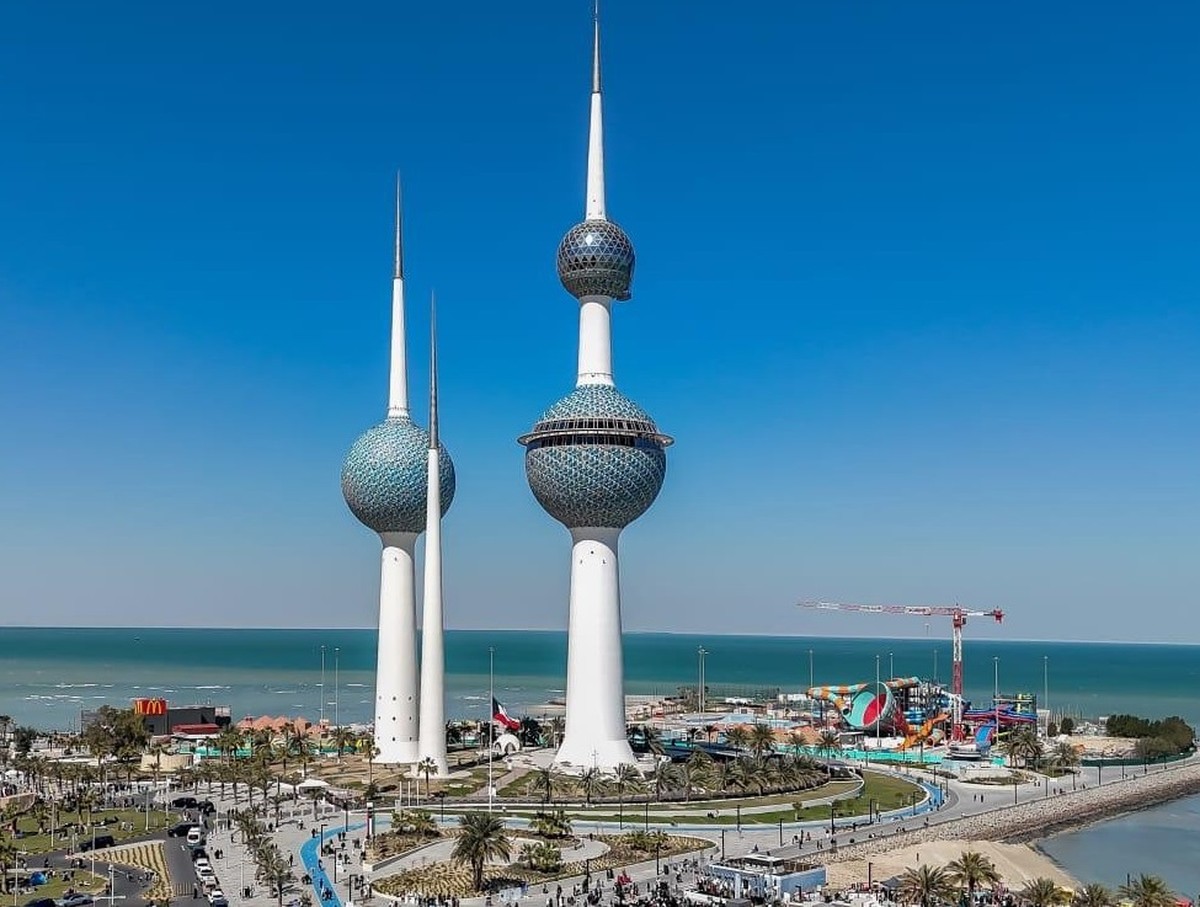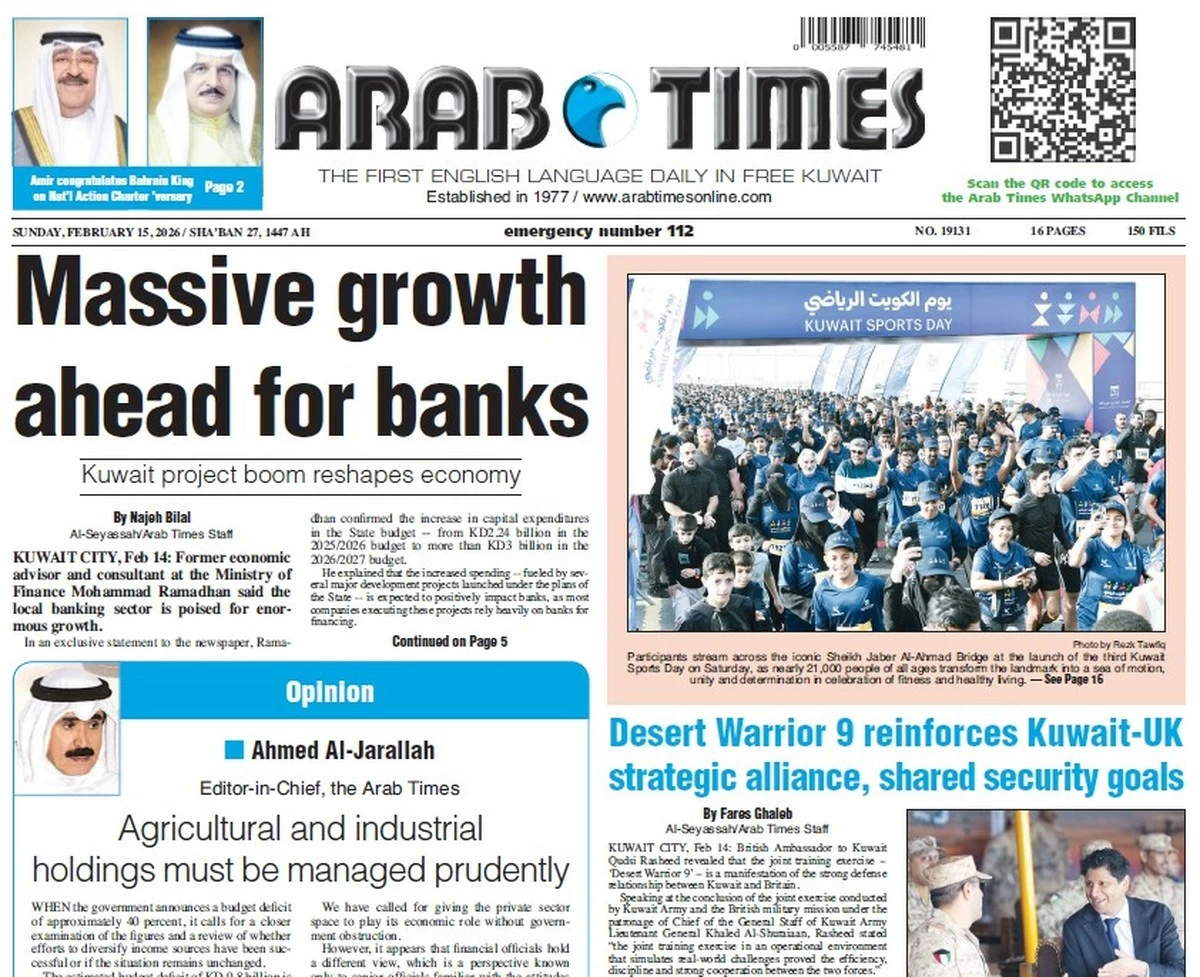09/08/2025
09/08/2025
TUNIS, Aug 9: The Arab League Educational, Cultural and Scientific Organization (ALECSO) has officially recognized Kuwait Towers as a significant modern architectural landmark, placing them on its Arab Heritage List under the category of “modern architecture.”


In an exclusive interview with KUNA, Humaid Al-Nofali, Director of ALECSO’s Culture Department, announced the inclusion, attributing the decision to the Towers' distinctive engineering, creative design, and aesthetic appeal. He emphasized that the Kuwait Towers stand as a symbol of the evolution of Arab architecture in the modern era, successfully blending national identity with contemporary design elements.
The announcement was made during ALECSO’s ninth regional forum held in Beirut on July 28, where the Observatory of Arab Architectural and Urban Heritage, affiliated with the organization, confirmed the Towers' inclusion. Al-Nofali highlighted that the site received broad approval from ALECSO’s evaluation jury for its embodiment of a forward-looking architectural vision within Arab urban culture.
Describing the Towers as a model of contemporary heritage, Al-Nofali noted that their recognition not only enhances their cultural and tourism value but also reflects a broader appreciation of modern Arab architecture. He remarked that this listing underscores a growing effort to preserve structures that marry tradition with innovation.
Al-Nofali went on to explain the broader significance of ALECSO’s Register of Architectural and Urban Heritage in Arab Countries. Unlike international registers maintained by UNESCO or ISESCO, ALECSO’s list places special emphasis on the creative dimension of architecture and the historical continuity of Arab cities, particularly those that have retained their traditional character amid modern expansion.
The register also aims to preserve architectural heritage in regions facing natural or man-made threats. According to Al-Nofali, it serves not only as a tool for protection but also as a platform for raising public awareness about the value of heritage in shaping national identity and promoting sustainable development.
By integrating heritage into key sectors such as tourism, the economy, and traditional industries, the register aims to create opportunities for communities while preserving their cultural legacies.
Al-Nofali further explained that selection into the register is based on rigorous technical criteria established by a committee of Arab experts. Each nominated site must appear on a national preliminary list and meet defined scientific and methodological standards. The inclusion of sites like the Kuwait Towers reflects a strategic effort to acknowledge modern structures of architectural significance across the Arab world.
He concluded by stressing that recognition on the list offers practical benefits. It enhances efforts to preserve and promote listed sites, opening avenues for cultural visibility, economic growth, and participation in sustainable development initiatives.
The Kuwait Towers, already a national symbol and tourist attraction, now stand firmly among the Arab world’s most valued examples of modern architectural heritage.


